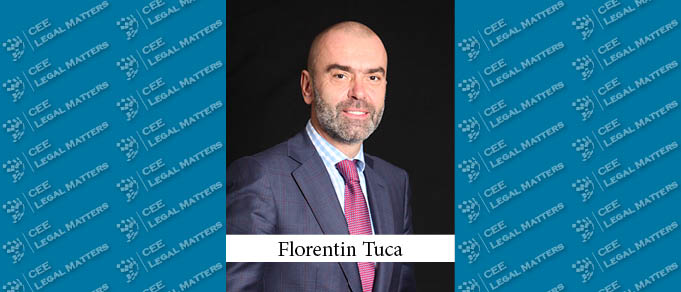It is no easy task this day and age to talk of “legal market trends.”
And not only because of the worries, fears, and uncertainty related to the “new world order,” the new “economic reset,” and the “fourth industrial revolution” – all of which are expressed in all sorts of truisms and crammed together under the umbrella of “nothing will be like it used to be.”
Nor is my difficulty merely related to the great unknowns that the legal profession (and not only) is now facing, challenged by digitalization, AI and its “achievements,” over-specialization, over-standardization, and the transformation of work into e-work. All these are already identified viruses for which lawyers and law firms, each by their own lights, individually or in concert with others, try to find the appropriate vaccine.
Finally, nor do I complain of the difficulty coming from recent transformations affecting the legal profession (especially business law firms): the economic crisis and its fluctuations, paradigm changes in the lawyer-client relationship, the increasing “avarice” of clients and the near-collapse of the hourly fee, etc. These are unfathomable changes that bother everyone, so there’s no point to adding my own tears on the issue.
Instead, I’d rather deplore the situation for three particular unknowns that greatly complicate my mission to analyze the “law market trends.”
First, the place and status of the Law and laws in the “new normal.” Will the Law still be “the art of good and beauty” (Cicero), or will it become “the technology of evil and the ugly?” (moi). Will laws remain the symbol of (relatively) democratic regimes or become mere stamps for Martial Law tyranny? Who, and under which conditions, and by which procedure, will decide the hierarchy of individual and collective values worthy of protection and future promotion through the Law and laws? These are for now merely rhetorical questions, but I for one fear the answers that the immediate future will provide us.
Second, the definition of justice, of order, of the rule of law. To what extent will these notions keep their classical, well-known meaning? How will the brave new world reassess relationships between individuals and between the individual and society? Or between the governed and the government? Will classical democracy be hijacked by the “autocratic technocracy of biosecurity” (Giorgio Agamben)? Will constitutions be revised, the regime of fundamental rights and freedoms upturned, and state institutions’ mechanisms rearranged?
And third, as long as trend is associated with movement, and market with free exchange and economic freedom, and as long as the legal profession is in essence a liberal profession, I wonder: how compatible are these concepts with the notion of lockdown? I am afraid that the concepts themselves have already been quarantined.
By Florentin Tuca, Managing Partner, Tuca Zbarcea & Asociatii
This Article was originally published in Issue 7.11 of the CEE Legal Matters Magazine. If you would like to receive a hard copy of the magazine, you can subscribe here.
















